A Nice Long Sampler Of The Stuff That's Been Going Down
Justice Department Transcript Of The Spicy Conversation
Mr. Silton's going to have a field day with this one, if not on the blog, then definitely during class. Prepare yourself. Buckle down. This one's spicy.
This story has been utterly eclipsing the news cycle, by the way. It's been insane. Here's the long and short of it.
On July 25th, President Trump had a phone call with Ukrainian President Volodymyr Zelensky and, as you can read in the Justice Department Transcript of the call, unsubtly prodded him to contact Rudy Giuliani and investigate a potential scandal involving Joe Biden and his son. No papers were signed, but Zelensky verbally agreed. Additionally, a week before this conversation, President Trump ordered the freezing of hundreds of millions of dollars of financial aid to Ukraine (funding for the purpose of fending off Russia). There is currently no solid evidence that these two events are linked.
On August 12th, an anonymous whistleblower filed a complaint to the intelligence community. The exact contents of this complaint are still unknown but its general gist of a shady promise over the phone with a foreign leader got out on the 19th of September.
Since then, a transcript of the conversation has been released by the Justice Department, Rudy Giuliani has been on television stating that it's okay for the President to withhold aid in exchange for investigating Biden, Trump has claimed there was no "quid pro quo" in his call and the aid was withheld due to corruption in Ukraine, and Nancy Pelosi, Democratic speaker of the house, has announced an impeachment inquiry (basically an investigation into the events in question). The House seems to have a majority in favor of impeachment even before the inquiry has run its course. The Senate, currently Republican controlled, has had a number of members express their disapproval of the impeachment. Remember that impeachment requires a majority vote from the House, and then the actual trial requires a two-thirds majority of the Senate.
(There's Opinion coming up, so here's the disclaimer: I have bias.)
The way I see it, unless some key evidence is revealed in the Impeachment Inquiry beyond these allegations, Trump, even if voted to trial by the House with the knowledge we have now, will not be convicted. The Senate is on his side, and, ultimately, there is no solid evidence that this conversation was actually an abuse of aid money, and we have no evidence of actual Ukrainian interference beyond verbal assent. Do I think his actions so far are incredibly suspect and incriminating? Absolutely. Do I think the Dems in the House should gather some more solid evidence before voting to impeach? Also absolutely. Well, I mean, that's what the Impeachment Inquiry is for. The Senate will need more convincing for a two-thirds vote to convict the President of their party, and a House impeachment vote without a Senate conviction would only fuel the "witch hunt" narrative.
It's strange how my opinion on the matter has been based on partisan control of the House and Senate, isn't it? Congress is bicameral, and it's split like this in such a partisan political culture, and the President is somebody like Donald Trump who breaks political conventions left and right and leaves lawmakers scratching their heads like, "Wait, was that legal?" When the situation is like this, it's hard not to think in donkeys and elephants.
Questions:
1. Has this potential impeachment become an overly partisan issue? If so, what does that mean for the state of America's political culture and the American governmental system? If not, why not?
2. If President Trump's behavior here goes without conviction, what kind of precedent would that set for American government in the future?
3.
CSMonitor puts a lot of weight on how this problem looks to the voter, how certain spins of these events can be "easily grasped" by the public, and how those in favor of impeachment are framing the conflict in a way that is "easier for voters to understand." How does public opinion affect the outcome of this debacle? How do voters affect it?
Extra. How spicy is this conflict on a scale of ten out of ten to two thousand out of ten?

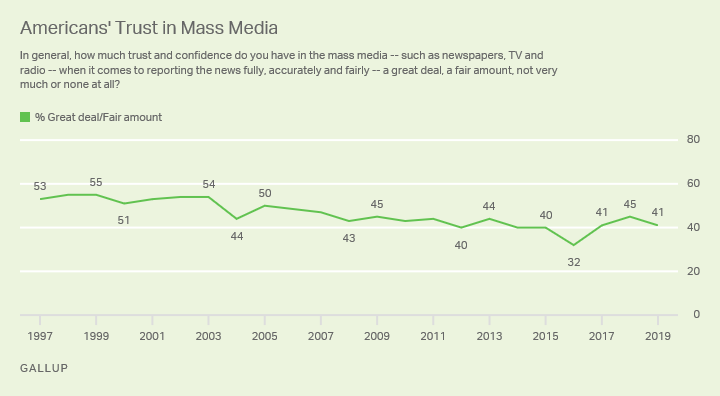
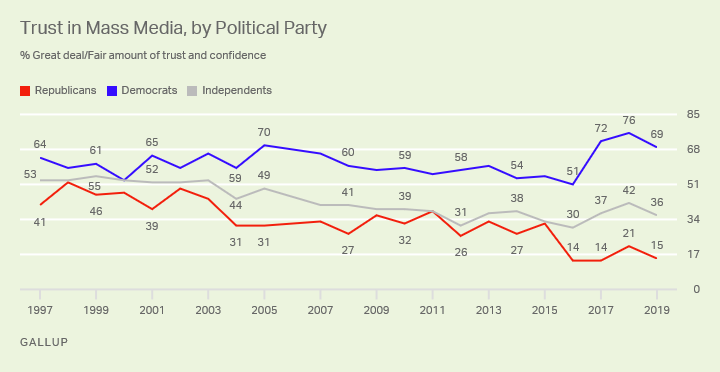
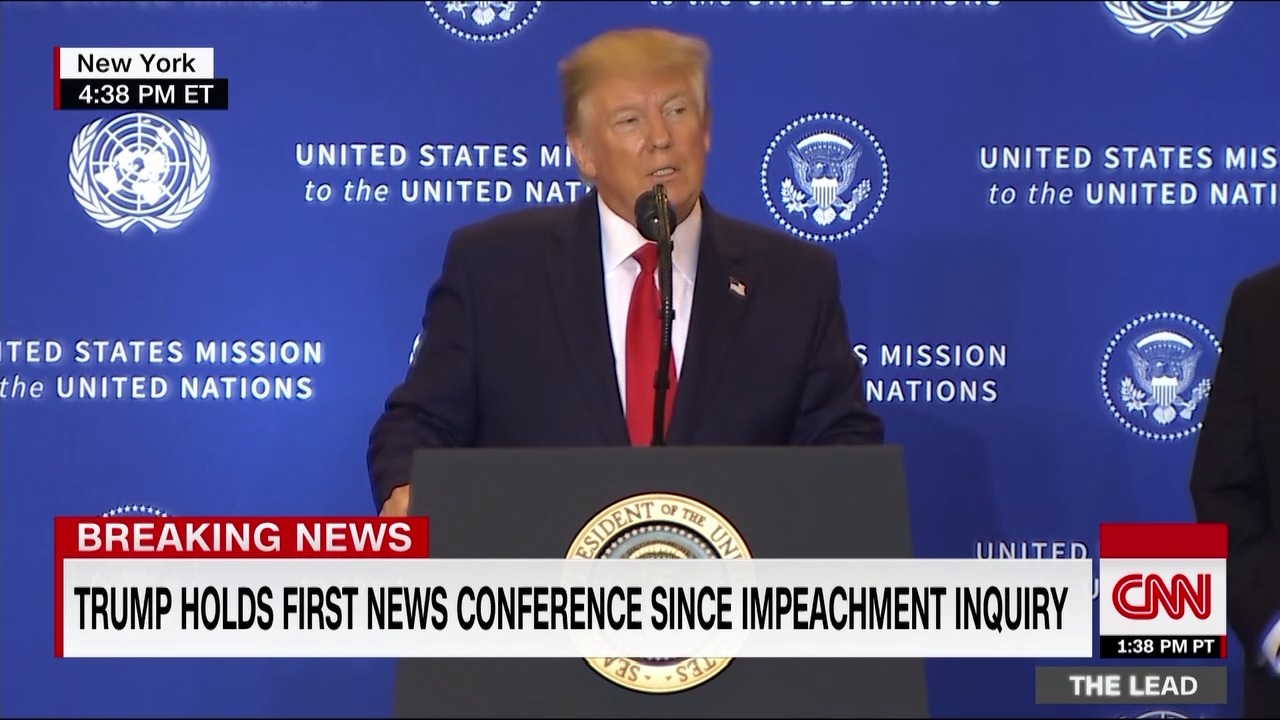




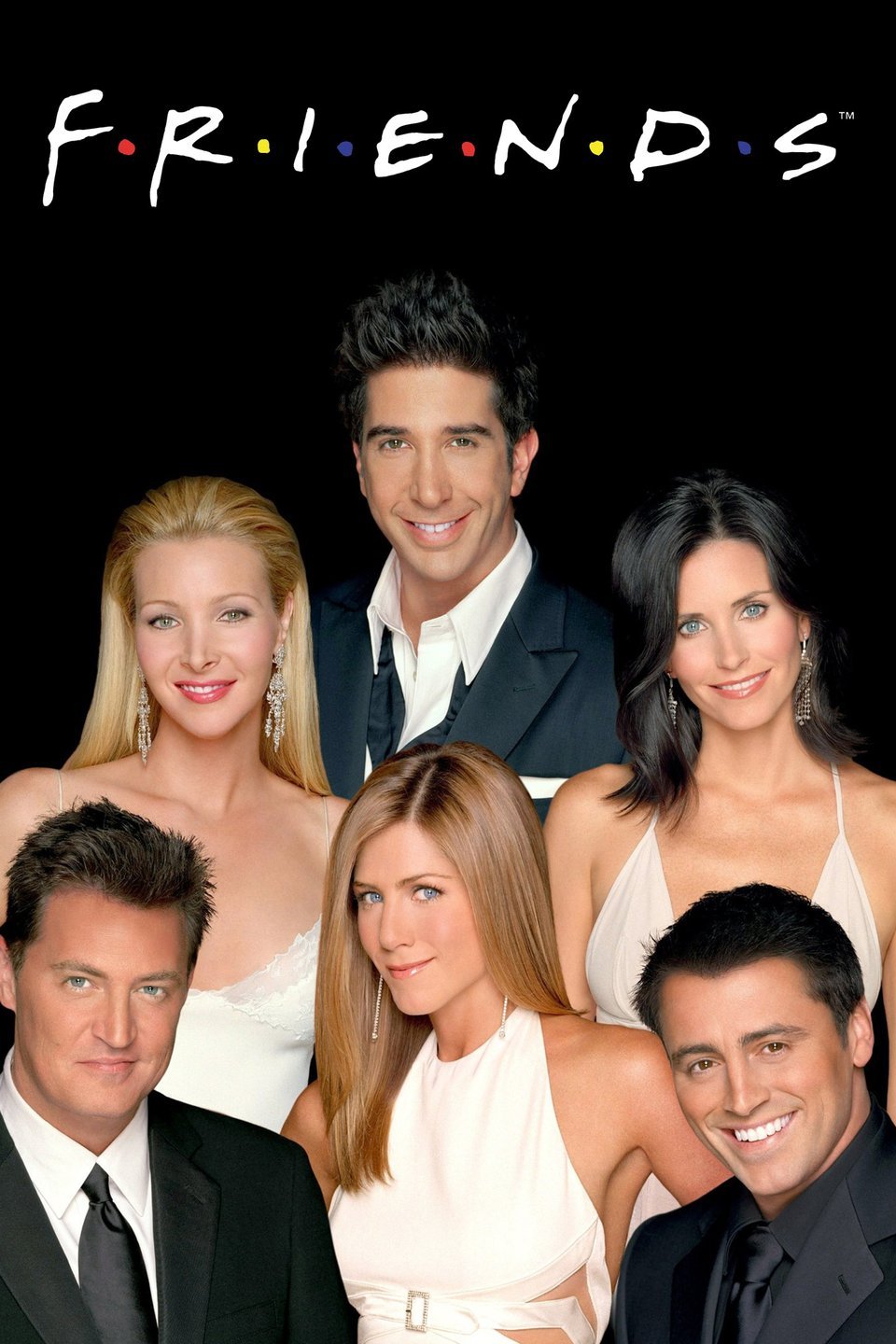
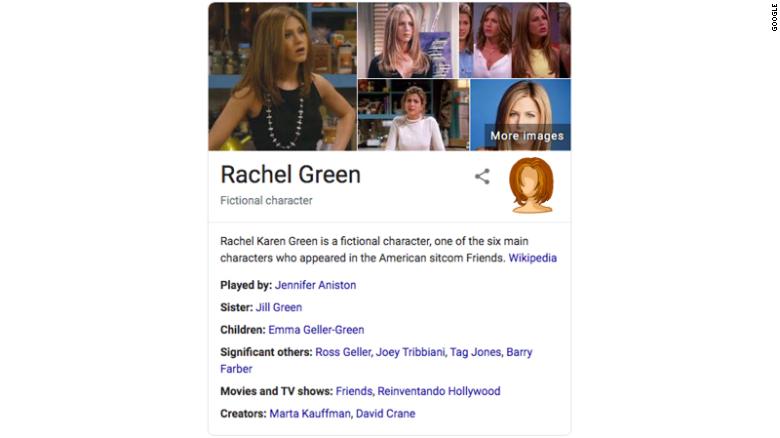

:format(webp)/cdn.vox-cdn.com/uploads/chorus_image/image/65274222/1094227554.jpg.0.jpg)